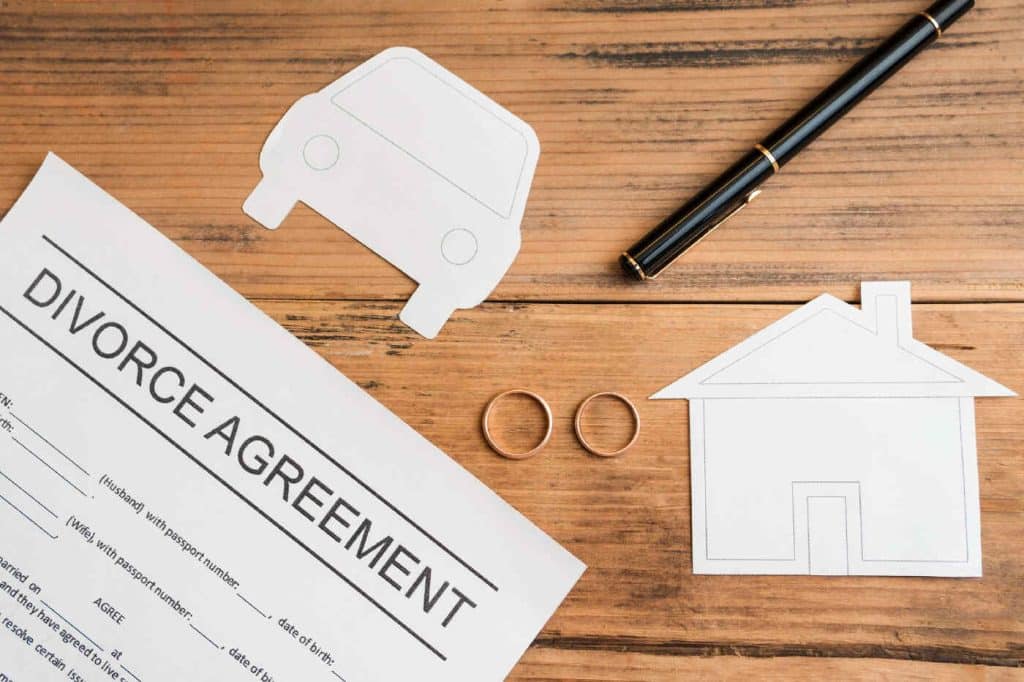Spousal maintenance is financial support, either regular payments or a lump sum, paid by one ex‑spouse to the other after separation or divorce. Its purpose is to help the recipient maintain a standard of living and become financially independent.
Why Spousal Maintenance Matters
In the UK, marriage or civil partnership involves shared financial responsibilities. When a relationship ends, one party may lack sufficient income to cover basic needs. Spousal maintenance helps prevent financial hardship and protect well-being.
How Spousal Maintenance Works: Voluntary vs Court-Ordered
You can:
- Agree privately on payment terms, which is often quicker and less costly.
- Or seek a Court Maintenance Order, if you can’t agree, this establishes a legally enforceable arrangement.
Key Factors in Calculating Spousal Maintenance Payments
Spousal maintenance is calculated by considering:
| Factor | What It Means |
|---|---|
| Financial need | The recipient’s ongoing living costs |
| Both parties’ income | Earnings and earning capacity |
| Standard of living | Lifestyle during the marriage |
| Duration of marriage | Length of relationship |
| Caring roles | Time spent caring for children or at home |
| The payor’s ability | Capacity to cover their own and the recipient’s needs |
What Doesn’t Count in Spousal Maintenance
- These factors are not taken into account when deciding spousal maintenance:
- Who was at fault in the relationship breakdown
- Reasons for divorce or separation
- Who paid for what during the marriage
- Choices about having children or pausing career
- Future inheritance or family gifts
- New relationships (unless cohabiting)
When Payments Can End or Adjust
Spousal maintenance payments typically end when the recipient becomes financially self-sufficient, remarries, dies, or enters a new civil partnership.
Payments may be adjusted if:
- The payor becomes unable to afford them (i.e. job loss)
- The recipient’s financial situation improves
- But any changes should be pursued via the court, not by simply stopping payments.
Common Questions Answered
- Can husbands or ex-wives claim maintenance?
- Yes, gender doesn’t matter. What matters are financial circumstances.
- Tax implications?
- Recipients don’t pay tax on spousal maintenance; it’s deducted from the payer’s income first
- What about hidden income?
- You must fully disclose your finances on Form E. Failure to do so constitutes fraud under the Fraud Act 2006.
Need Help with Spousal Maintenance?
If you’re unsure whether spousal maintenance applies to your case, or need help negotiating or formalising an agreement, we’re here for you. Our experienced family law solicitors can guide you through mediation or, if needed, court applications to achieve a fair outcome.
Whether you’re separating or finalising your divorce, our Chester solicitors are here to help.
Get in touch now:
Call Freeman Jones Solicitors: 01244 506 444
Email us: info@fjsolicitors.co.uk
Or fill in our online contact form
Let us help you protect your financial future with expertise and compassion.






